A key part of green living is looking for ways to reduce our household waste. This can mean buying fresh produce with less packaging, repurposing old jars, or diverting your biodegradable waste to your compost bin. There are many everyday items that simply don’t need to have a future in landfill – including your period products! Read on to find out which pads are compostable, how long it takes, and how to compost your pads safely.
Are pads compostable?
Most single-use pads, generally speaking, are not compostable. This is because many pads contain a host of plastic, so very few brands are suitable for composting – either industrially or at home. Natracare menstrual pads and liners are Seedling Mark certified commercially compostable to EN 13432 and ASTM D6400. This means when disposed of correctly, they can turn into valuable soil and nutrient rich compost!
And yes, we’re talking about composting your used pads here! You might not immediately think to throw your old period products in a compost bin, but menstrual blood can be a great addition to your compost – more on why further down! You can also compost tampons, too.
What pads are compostable?
First: check the ingredients list on your pack of pads. Are they actually compostable? Pads will only be compostable if they’re made from natural or compost-approved materials and absolutely nothing else. This means they must be plastic free! Natracare pads for example are made from organic cotton, wood pulp, a certified home-compostable bioplastic, and a small amount of non-toxic glue. These materials are all compost approved.
Have a natural period
Period products that are Seedling Mark compostable. The perfect sustainable swap!
Find out more
How long do pads take to compost?
Pads made with natural materials take around 12 months to decompose in a compost pile. Although it can be faster or slower depending on your compost bin’s moisture levels, materials, and temperature. Pads which are cut up and separated will biodegrade much faster as this increases the surface area and access for microbes to start breaking down the materials. We recommend doing this with scissors and gloves.
Natural pads are classed as brown compost, along with things like straw, cardboard, and wood. These take a bit longer to decompose compared to green waste like grass and vegetable peelings. We recommend giving your compost at least 15 months before using.
Is it safe to compost pads?
Yes, Natracare pads are safe to compost, if done correctly! You can compost old clothes made from cotton and other natural materials, so there’s no reason to not compost natural menstrual products too. However, be mindful as used pads contain old menstrual blood.
Menstrual fluids are natural and nutrient rich, but they can also be a biohazard (because it contains blood, it may harbour blood borne infectious pathogens). Therefore, if you have a traditional home compost bin, it’s best to use your compost for growing plants and restoring depleted soils rather than for growing your own food.
That said, there are benefits to composting your menstrual blood. In fact, menstrual blood contains sodium, calcium, phosphate, and iron – which is an excellent natural fertiliser for many plants! Just stick to plants you won’t be eating if you have a regular compost bin.
What is the best way to compost pads?
You can use a normal compost bin for your pads as mentioned. But optimum conditions for pads are using the same methods that are used for composting things like meat, bones, and cooked food-waste. These are:
- Hot composting
- Bokashi style
- Trench composting
- Humanure method
These types of composting ensure any biohazardous bacteria and pathogens are safely killed off in the process or left long enough to let nature take its course! This means your resulting compost could be used on your allotments, your vegetable patches, and throughout your garden. Industrial composting is another method you can use to dispose of Natracare pads but you’ll need to check with your local waste authority to see if they’ll accept them.
Have you tried composting your pads yet? Let us know in the comments below. And also, find out more about our compostable pads here.
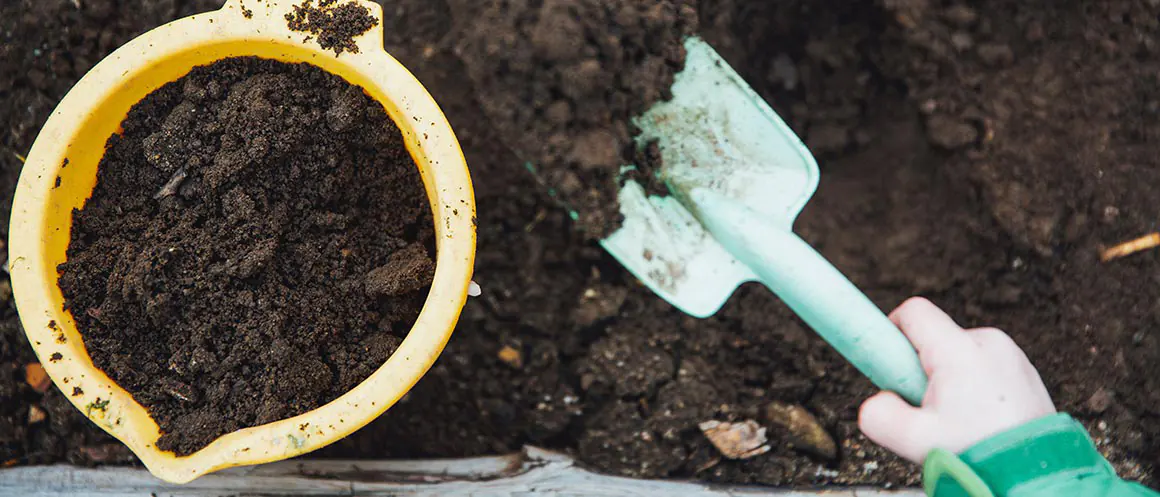
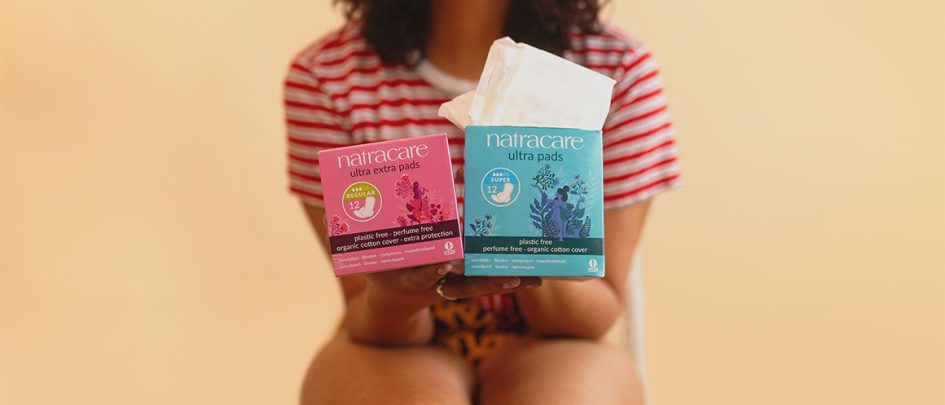
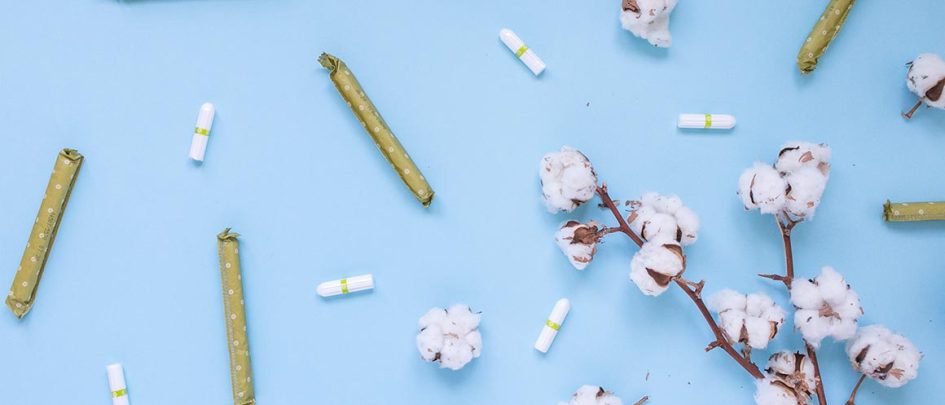
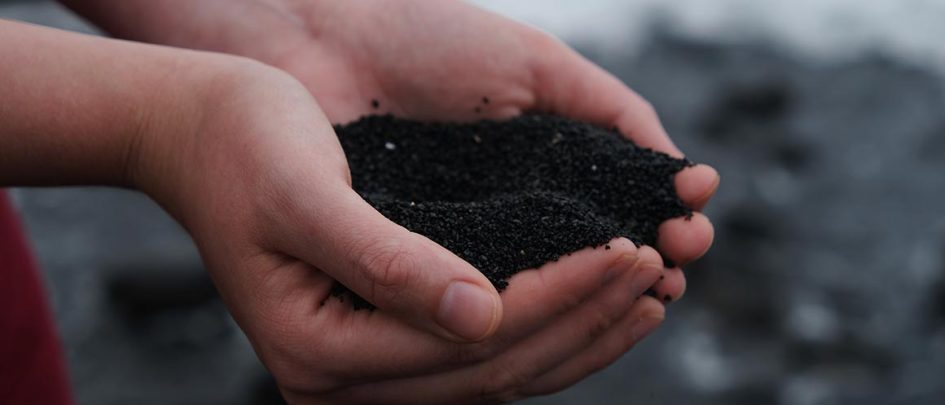







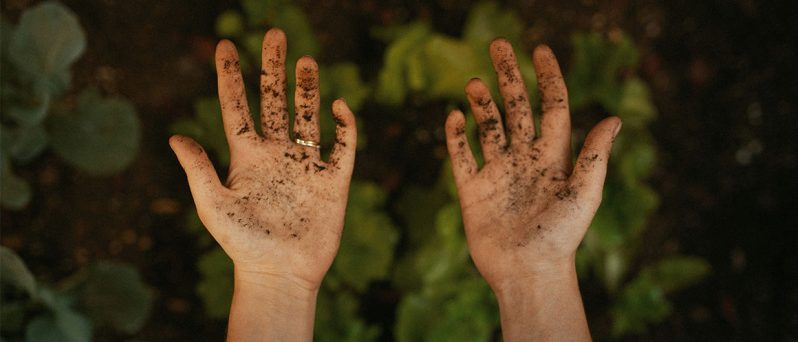
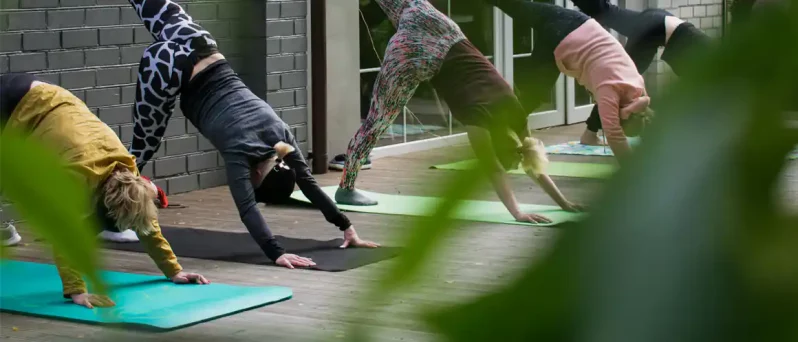
Thank you so so much for ppsting about this. I love your products, but (guiltily) have not started composting them yet. Thank you for providing all of the information I need to begin composting my natracare products!
can you put your used Natracare pads in the compost bin offered by your city?
We recommend you check with your local waste management to see if they accept them – if they request the ingredients list, you can find this on our packaging and online 💚
Could you please confirm whether or not the silicone-coated peel strip on the back of the natracare pads and panty liners and the cardboard box packaging can both be safely composted at home? Thanks!
Hello – both the peel strip and cardboard packaging can be composted at home.